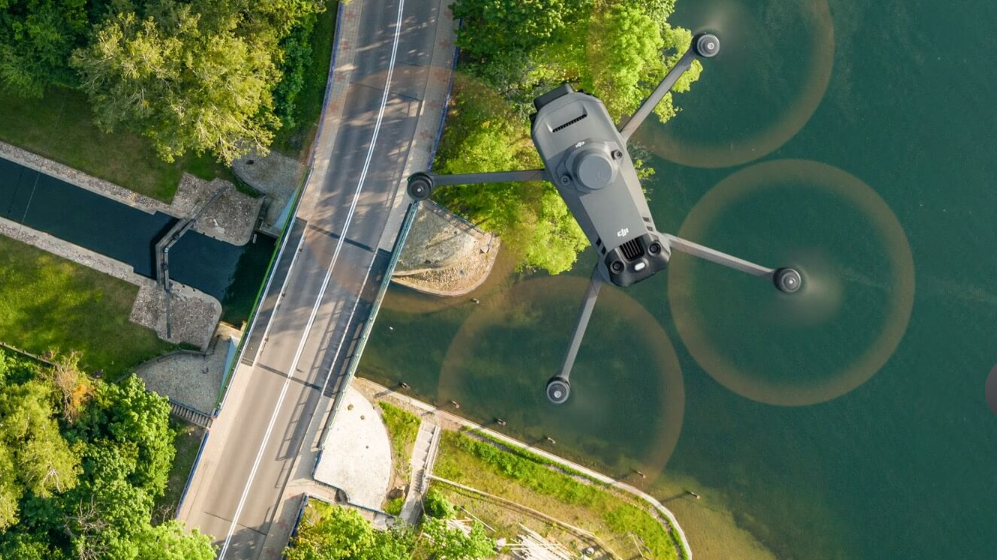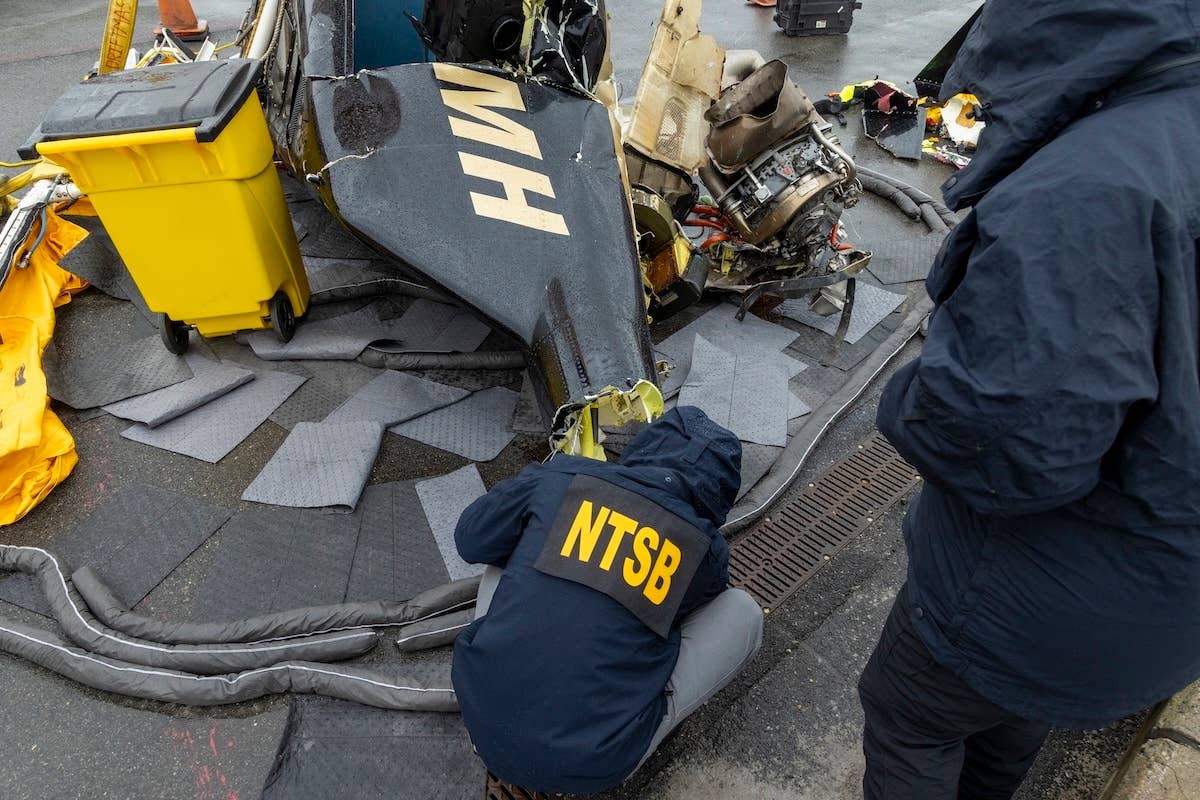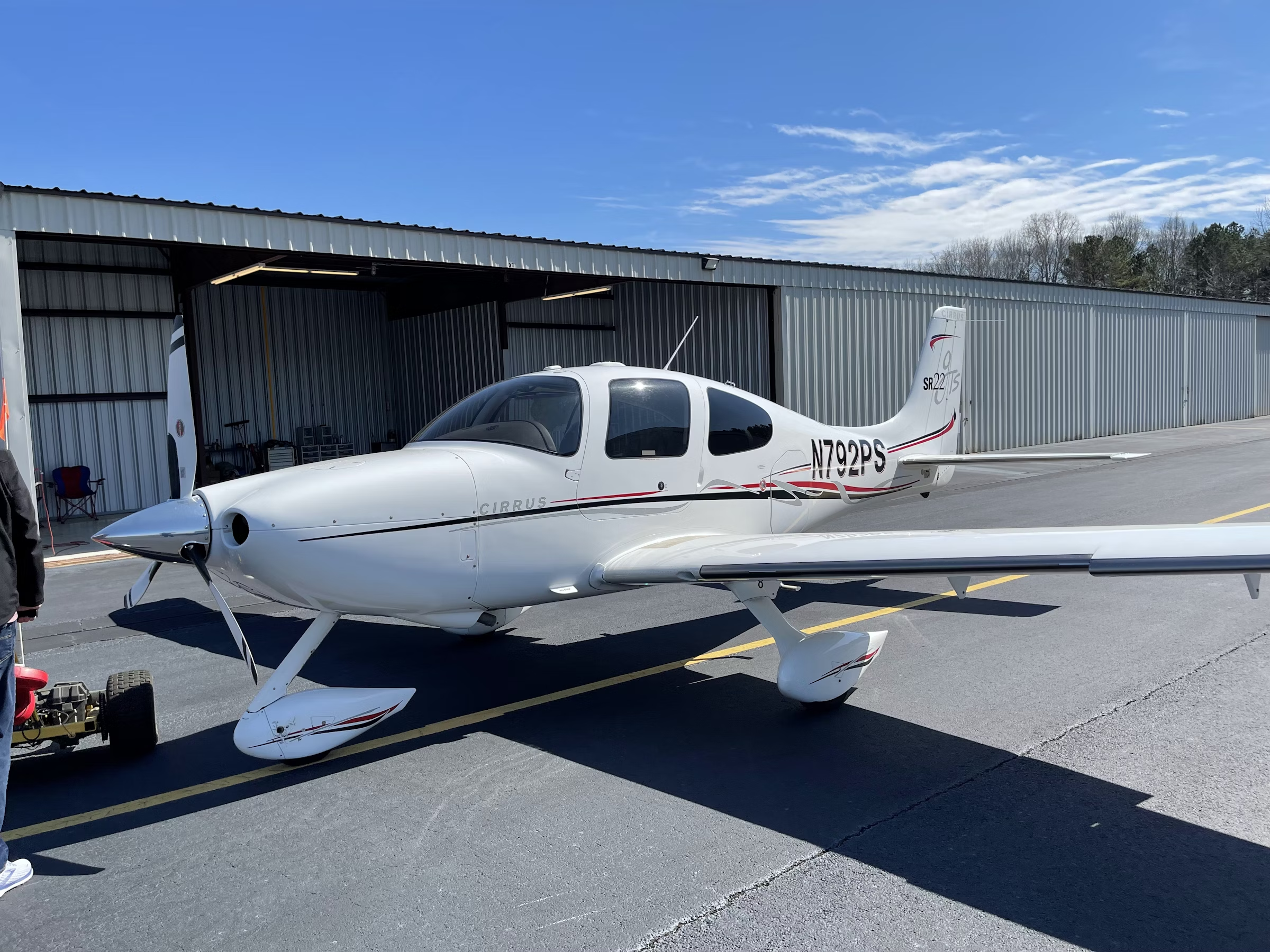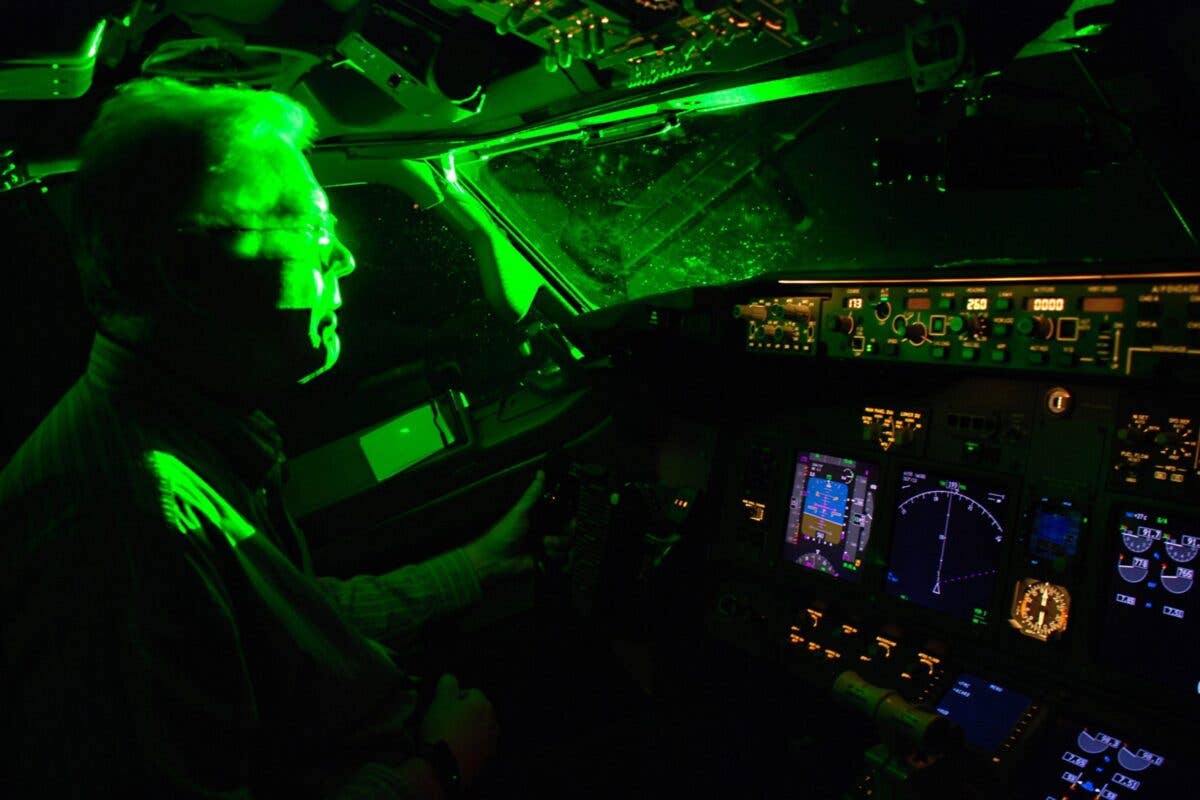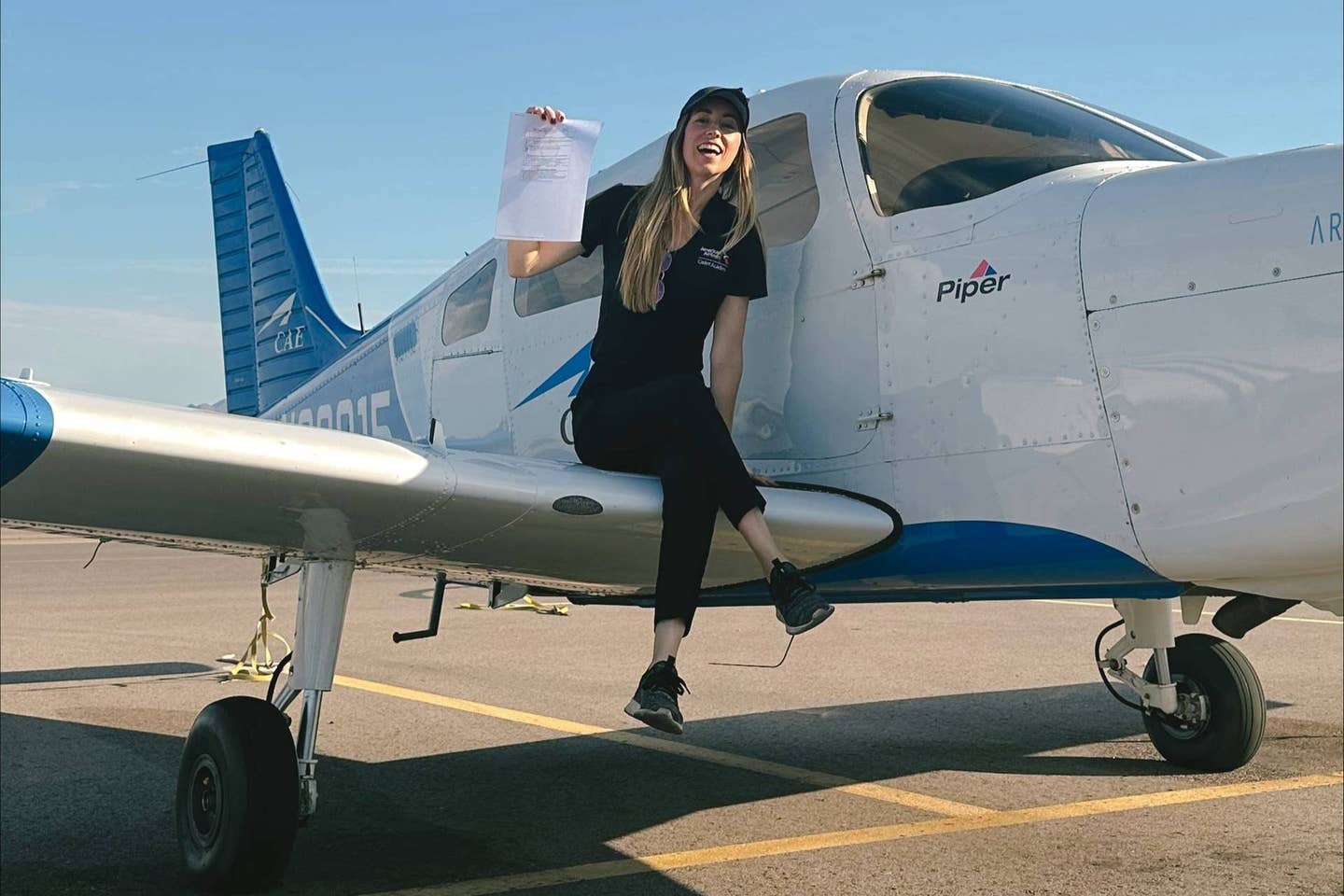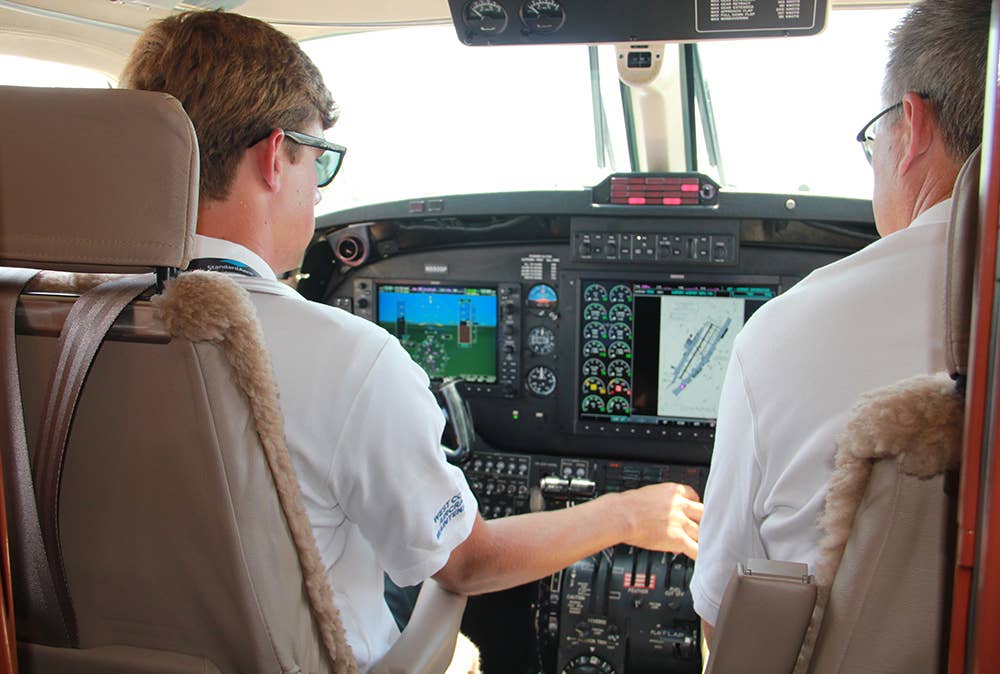We Fly: The JMB Aircraft VL-3
A combination of speed and gorgeous liveries propels this piston single.
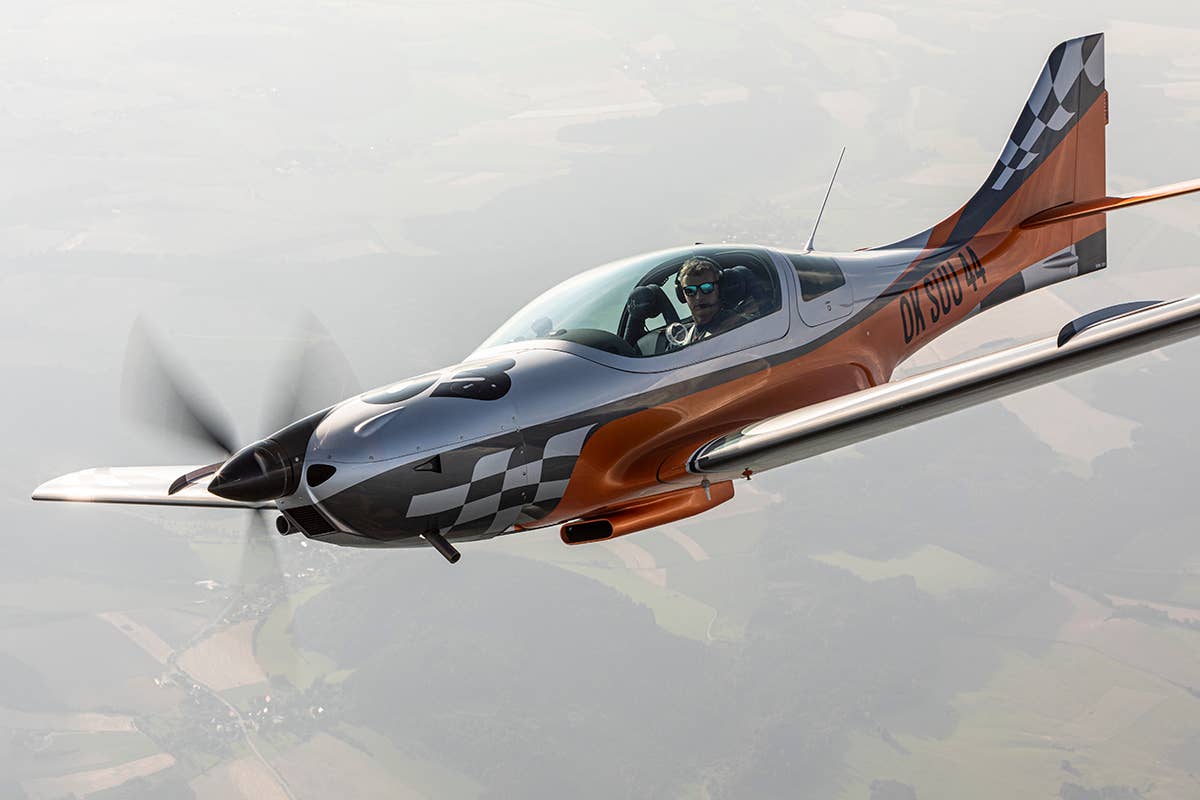
The airplane is a monster when it comes to speed. With a climb rate of 2,000 fpm, the VL-3 roared off the runway and quickly ascended to 10,000 feet msl, with little effort. [Courtesy: JMB Aircraft]
The 2022 EAA AirVenture event at Oshkosh was the biggest ever, with more than 650,000 people attending what the association bills—arguably so—as the world’s largest annual aviation event. With so many new airframe manufacturers on the grounds, the FLYING staff came back with a long running list of aircraft for future “We Fly” pilot reports.
With a large editorial team with varying degrees of experience, ranging from student all the way to the most advanced military fighters, FLYING has a great opportunity to divide and conquer when it comes to presenting our audience with the latest offerings and classic flying companions. I hold a private pilot certificate with single-engine airplane and seaplane ratings, so aircraft in these categories tend to be the ones that I focus my attention on.
Enter the VL-3
One such aircraft that I have been dying to fly is the VL-3 with retractable gear built by JMB Aircraft. When I was looking for a cross-country airplane to complement my ICON A5 amphib, I looked at the JMB lineup as an option. I was not intimately familiar with the brand, so I went with the Tecnam Astore instead.
JMB is based in the Czech Republic and is run by two Belgium brothers that got their start by being the exclusive reseller of Aveko in France and Belgium. In 2018, as JMB they purchased Aveko and went through a massive redesign and performance upgrade to the original VL-3 aircraft, then marketed as the Sprint.
JMB focuses now on speed and high-end design, drawing inspiration from Formula 1 race machines and exotic sports cars. The website and video content that JMB produces is all about making the airplane sexy and slick—two things that make the aircraft appealing to a wide range of pilots, but especially younger ones. I had seen some of the content that JMB has produced on the web prior to seeing the VL-3 in person, so I was excited to get my chance to fly.
Master of Schemes
I got my chance to fly the VL-3 on my last day at Oshkosh. The airplane was kept for demo purposes during the show not at the Wittman Regional Airport (KOSH), but instead at the Fond Du Lac County Airport (KZFD), approximately 20 miles to the south. My host on the day of my flight was the company’s design and quality manager, François Stelandre, a former race car driver who is—like me—passionate about aircraft liveries, from airliners to GA airplanes. He told me that years ago a racing accident ended his car racing career, but he has since taken that energy and put it towards designing airplanes that trigger an exotic-car sentiment.
After all, the VL-3 would fit right in the pages of the latest edition of duPont Registry, squeezed between the Ferraris, Lamborghinis, and Porsches with gorgeous paint schemes, stunning colors—and speed to match.
For the 20-minute car ride between KOSH and KFZD, François talked about various schemes JMB had brought to life. He was very passionate about custom aircraft paint designs and the challenges they presented. Almost every design he referred to contained paint colors derived from his background in high-end cars. He described various paint jobs that included Ferrari red, Porsche yellow, and Maserati blue, but also talked about special paint jobs based on logos or unique designs.
Test Flight: Fond du Lac
On the day of our flight, JMB was running demo flights nearly nonstop. They had chosen a yellow and silver checkered flag livery, which I was told was Porsche yellow by François.
The VL-3 that we flew has a Rotax 915S turbocharged powerplant up front, which has more horsepower than the 914 Turbo that I fly in the Astore (115 hp). JMB advertises the top speed as 370 km/h or 200 knots, but that is at FL180. The engine is fuel-injected and has 142 horsepower.
The airplane is a monster when it comes to speed. With a climb rate of 2,000 fpm, the VL-3 roared off the runway and quickly ascended to 10,000 feet msl, with little effort, even on the hottest day of my Oshkosh experience. When we leveled out, we topped out speedwise at 170 knots.
Into the Panel
As far as the avionics suite goes, the VL-3 that we flew had the Garmin G3X Touch electronic flight information display (EFIS), with one 10-inch screen. I’ve become accustomed to a dual G3X setup (with two displays) in my Astore, which I would have opted for if I were buying the aircraft. The G3X is integrated with a Garmin autopilot and it worked seamlessly, with no issues that I found. The radio stack can come with either the Trig TY91 or TY96 comms, or the Garmin GTR 225, with remote-mount options available.
Layers of Safety
Aside from being tested beyond the airplane’s stated never-exceed speed to ensure a smooth envelope free of flutter, the VL-3 also includes a ballistic parachute that adds a layer of safety and peace of mind.
The airframe is crafted out of carbon and Kevlar, which makes the airframe exceptionally light, but also incredibly sound and rugged. You can also equip the airplane with a standby Garmin G5 EFIS and angle of attack (AOA) indicator.
Interior Questions
With all of the great features of the VL-3, what are the drawbacks? From my perspective, the interior of the aircraft was the biggest disappointment, at least for our test flight. The seat stitching of our demo craft was a bit basic and underwhelming, and I found the seats to be pretty uncomfortable and stiff.
The cabin felt a bit cramped, at least compared to the Astore, and the luggage compartment was also smaller than I was accustomed to.
It is also possible that my cramped feeling was because we flew with two full-size adults in the cabin, and I normally fly with just one of my kids. It left me with the impression the cabin was more cramped than I was used to feeling in the Tecnam.
The demo pilot told me that the interior configuration that we flew was at the lower end of the range they offered, and they had far more comfortable seating options available. You can check those out in the “Build Your VL-3” page on the company’s site. I was also told that the stitching could be upgraded, along with other interior design features that would make the cabin feel far more luxurious than the demonstrator that I test flew.
What’s Our Take?
The bottom line is that the VL-3 offers more speed per dollar than almost any other new light airplane in its class. And with more than 400 units sold, there’s evidence that customers are responding. With a fully-loaded price tag of around $375,000, the VL-3 is a remarkably capable and fast two-seater.
But like an exotic car, what you gain in speed, you lose in comfort. For me—since my wife is the only person I really have to convince, and for her, interior comfort wins out over speed—I will hold out until I experience the upgraded interior features before putting in my order for a VL-3.
Specifications
| Price (as tested): | Base: $290,000; fully loaded $375,000 |
| Powerplant: | Rotax 915, 142 hp |
| Propeller: | Woodcomp KW30 or DUC Swirlblack-3-M 3-blade, hydraulic pitch |
| Seats: | 2 |
| Length: | 19.7 ft / 6.24 m |
| Height: | 6.56 ft / 2.04 m |
| Cabin width: | 3.28 ft / 1.15 m |
| Wingspan: | 26.25 ft / 8.44 m |
| Empty weight: | 794 lbs / 360 kg |
| Useful load: | 529 lbs / 240 kg |
| Maximum takeoff weight: | 1,328 lbs / 600 kg |
| Fuel capacity: | 36.98 gal / 140 liters |
| Maximum speed: | 200 knots / 370 kmh tas |
| Cruise speed, as tested: | 170 knots / 315 kmh ias |
| Stall speed: | 42 knots / 78 kmh ias |
| Rate of climb, sea level: | 2,000 fpm |
| Takeoff distance, sea level: | 575 ft / 175 m |
| Landing distance, sea level: | 575 ft / 175 m |

Sign-up for newsletters & special offers!
Get the latest FLYING stories & special offers delivered directly to your inbox

